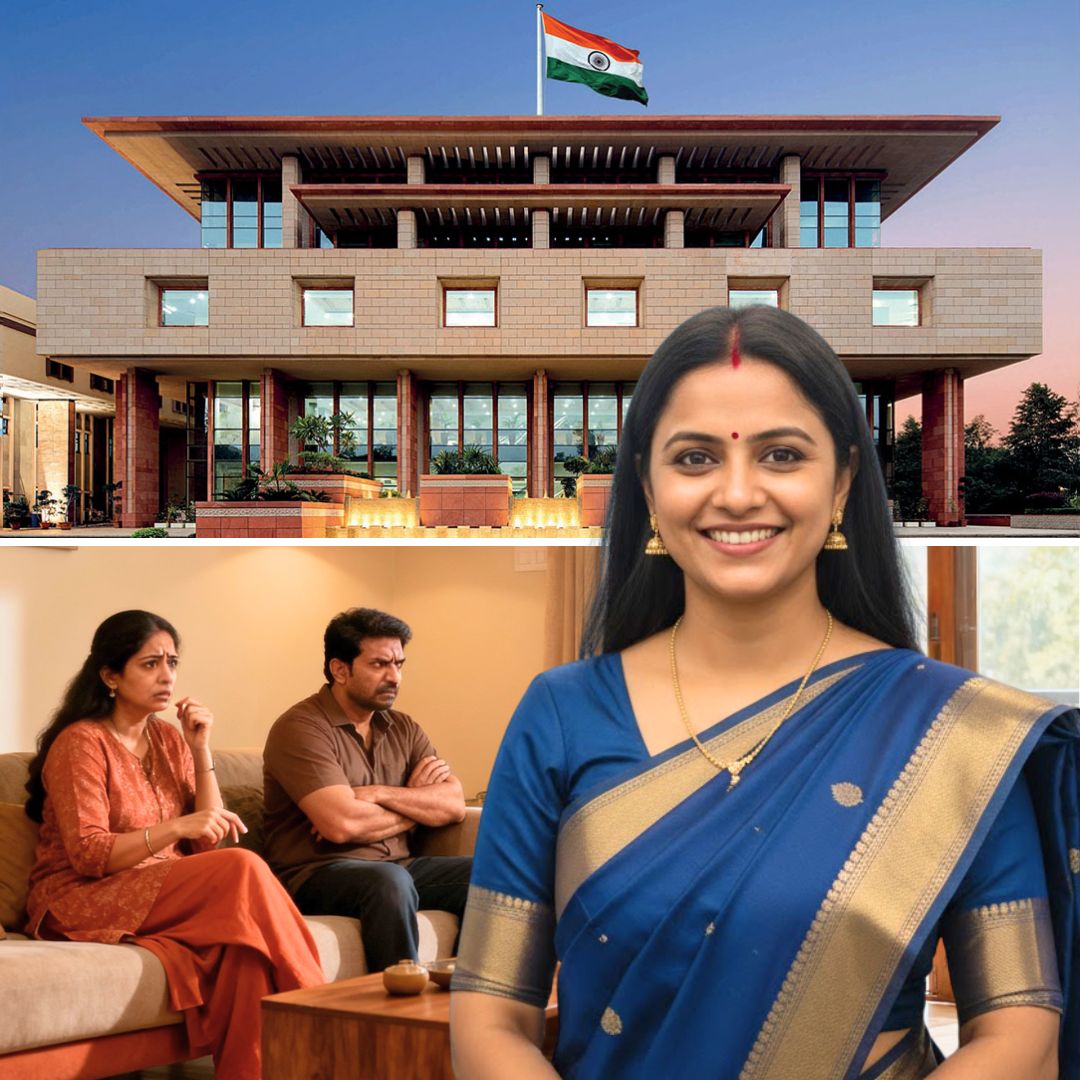The Delhi High Court has ruled that a wife is legally entitled to reside in the shared household immediately after marriage, even if her husband is later disowned by his parents.
Justice Sanjeev Narula dismissed eviction petitions filed by the wife’s in-laws, affirming that under Section 17 of the Protection of Women from Domestic Violence Act, a wife’s right to residence is independent of property ownership or familial disputes. This decision reinforces women’s protection against eviction without due judicial process.
Women’s Residence Rights
The court clarified that a “shared household” is defined by the domestic relationship rather than ownership rights. In this landmark judgment, Justice Narula noted that the property, owned by the late father-in-law, qualifies as a shared household since the wife lived there post-marriage with her husband and in-laws.
The order prevents forcible dispossession except through lawful due process, balancing the interests of both parties. Advocate Samvedna Verma, who represented the wife, welcomed the judgment as crucial for protecting women’s dignity and housing rights.
Background of the Matrimonial Dispute
The dispute dates to the wife’s marriage in 2010, after which she began residing at the property in Old Gobindpura Extension, Delhi. Relations with her in-laws soured by 2011, resulting in multiple legal litigations. The in-laws argued that the property was self-acquired and hence outside the Domestic Violence Act’s ambit.
However, the court held that the existing living arrangements, with the wife on the ground floor and the mother-in-law above, constituted a shared household, thereby entitling the wife to residence rights regardless of property title.
The Logical Indian’s Perspective
This ruling marks a critical step toward safeguarding women’s rights to security and dignity within their marital homes, transcending narrow property concerns.
Upholding residence rights irrespective of ownership challenges patriarchal structures that often marginalise women in family disputes. The Logical Indian advocates for continued legal progress and social awareness to ensure every woman’s right to a safe and dignified home.











